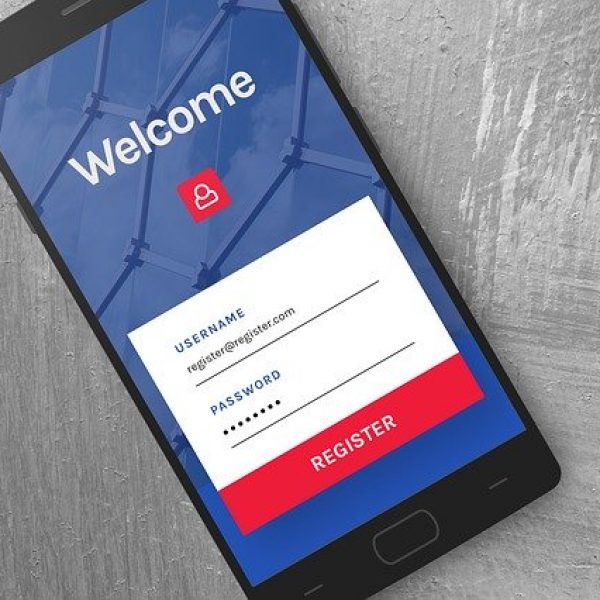You have been allocated a new internal client group to partner with. You don’t really know the leaders or the team, but you are keen to get in, make a great impression, build the relationship and offer high value as a Business Partner. We can set out with best of intentions and leverage our reputation and experience, but even with those right factors in place, sometimes it can go wrong.
I am a firm believer in learning and putting our stuff ups learning in practice. So here are 5 common mistakes Business Partners can make and how to avoid them.
1. You try and become their bestie
Of course, in any relationship one key factor is likeability. When we like people, and they like us, things are so much easier. There is common ground, we get along, we make time for each other;
things run smoothly. However, what you should avoid is becoming your client’s bestie. Too much familiarity can come across as disingenuous and perhaps a little desperate. So be cool. Take note of the pace of the likeability scale in the relationship. Be kind, be pleasant, be responsive, but don’t try
to become their bestie in the hope that it will be easier for you to have them as your internal client. It will only overcomplicate your relationship, blur lines and inhibit you from doing good work.
2. You are all about the tasks
Being a Business Partner often has us navigating ambiguous territory. The problem to resolve is not always clear or known for that matter. If you go in too task-focused with your list to implement your client is likely to feel stifled and that there isn’t a shared agenda, purpose, or common goal to achieve. So, balance your task-orientation by focusing on the bigger picture. Bring in a strategic mindset. Ask more questions (clever ones) than you answer to prompt thinking and discussion with your client and their team. Achieving and delivering is important, and your client will value that
even more, when the tasks are considered in a macro context. This elevates your value as a Business Partner.
3. There is a lack of trust
Trust is the foundational pillar of any relationship. If you don’t trust your client and they don’t trust you it’s really hard to do good work. However, trust is built at different speeds. Some people trust quickly, as soon as they meet you. Others take months to trust and want to see and feel evidence of
you being trustworthy before they give this to you. What ever the case, a key ingredient to building trust is honesty. In a business relationship, honesty is conveyed when you are genuine in the feedback you provide. As you’re building your relationship, ask your client if they are happy for you to provide some feedback (on whatever the issue is). Once they open their vulnerability door, you are in a room that requires respect and kindness. To keep this door open, focus on trust, intently. Because it can be lost quickly irrespective of the time you have worked together and how well you
know each other.
4. Don’t be passive
In a Business Partner role, you are a leader. You are an expert that has a ticket to play with your client groups, based on the expertise you bring. However, you will be exposed to broader issues that may fall outside of your area of expertise. You may need to participate in a project that has a broad business focus. Don’t just show up for the bits that fit your area of expertise. Be present when discussions are occurring about broader areas. This will demonstrate your strategic mindset and organisational awareness which increase your value as a Business Partner.
5. Learn the communication dance
Great dancing includes flow, rhythm, listening to the beat, and being in step with your partner. There are a lot of lessons we can learn from dancing that we can use in communication. If you’re not into dancing, that’s ok; you can still apply the lessons here to how we communicate. For great
communication with your clients, listen more than you speak. This is key. As tempting as it may be when you’re in a discussion to impress with what you know, you could run the risk of your client switching off. One-way streets are annoying. Don’t set up a scenario where you create a one-way
street where you are doing all the talking. When we are communicating effectively, we are doing so with our eyes and ears. Ask great questions and know that it’s ok to not always have the answers straight away. Effective communicators watch for behaviours that tell them the person is still
engaged and they are inclusive. Your motto here is “seek to understand” rather than “tell them what I know”.
The key to building great business relationships is not really dissimilar to building any relationship. Lots of self-awareness coupled with compassion, kindness, patience, and understanding will have
you on your way to building relationships that last. Be humble enough to learn from your stuff ups and know that as with most good things in life, achieving quality takes time.

